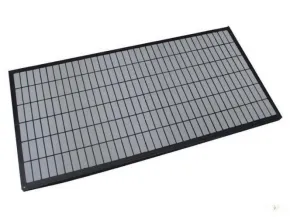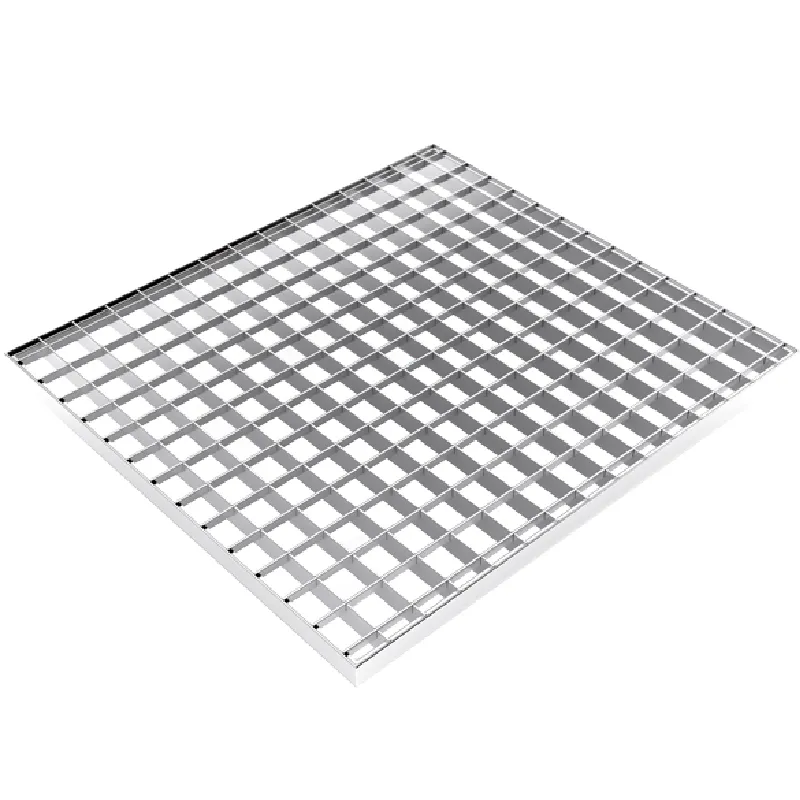- Industrial zone, South of Anping Town, Hengshui, Hebei, China.
- sales@hfpetromesh.com
- +86-18931809706
 Afrikaans
Afrikaans  Albanian
Albanian  Amharic
Amharic  Arabic
Arabic  Armenian
Armenian  Azerbaijani
Azerbaijani  Basque
Basque  Belarusian
Belarusian  Bengali
Bengali  Bosnian
Bosnian  Bulgarian
Bulgarian  Catalan
Catalan  Cebuano
Cebuano  Corsican
Corsican  Croatian
Croatian  Czech
Czech  Danish
Danish  Dutch
Dutch  English
English  Esperanto
Esperanto  Estonian
Estonian  Finnish
Finnish  French
French  Frisian
Frisian  Galician
Galician  Georgian
Georgian  German
German  Greek
Greek  Gujarati
Gujarati  Haitian Creole
Haitian Creole  hausa
hausa  hawaiian
hawaiian  Hebrew
Hebrew  Hindi
Hindi  Miao
Miao  Hungarian
Hungarian  Icelandic
Icelandic  igbo
igbo  Indonesian
Indonesian  irish
irish  Italian
Italian  Japanese
Japanese  Javanese
Javanese  Kannada
Kannada  kazakh
kazakh  Khmer
Khmer  Rwandese
Rwandese  Korean
Korean  Kurdish
Kurdish  Kyrgyz
Kyrgyz  Lao
Lao  Latin
Latin  Latvian
Latvian  Lithuanian
Lithuanian  Luxembourgish
Luxembourgish  Macedonian
Macedonian  Malgashi
Malgashi  Malay
Malay  Malayalam
Malayalam  Maltese
Maltese  Maori
Maori  Marathi
Marathi  Mongolian
Mongolian  Myanmar
Myanmar  Nepali
Nepali  Norwegian
Norwegian  Norwegian
Norwegian  Occitan
Occitan  Pashto
Pashto  Persian
Persian  Polish
Polish  Portuguese
Portuguese  Punjabi
Punjabi  Romanian
Romanian  Russian
Russian  Samoan
Samoan  Scottish Gaelic
Scottish Gaelic  Serbian
Serbian  Sesotho
Sesotho  Shona
Shona  Sindhi
Sindhi  Sinhala
Sinhala  Slovak
Slovak  Slovenian
Slovenian  Somali
Somali  Spanish
Spanish  Sundanese
Sundanese  Swahili
Swahili  Swedish
Swedish  Tagalog
Tagalog  Tajik
Tajik  Tamil
Tamil  Tatar
Tatar  Telugu
Telugu  Thai
Thai  Turkish
Turkish  Turkmen
Turkmen  Ukrainian
Ukrainian  Urdu
Urdu  Uighur
Uighur  Uzbek
Uzbek  Vietnamese
Vietnamese  Welsh
Welsh  Bantu
Bantu  Yiddish
Yiddish  Yoruba
Yoruba  Zulu
Zulu
- Afrikaans
- Albanian
- Amharic
- Arabic
- Armenian
- Azerbaijani
- Basque
- Belarusian
- Bengali
- Bosnian
- Bulgarian
- Catalan
- Cebuano
- Corsican
- Croatian
- Czech
- Danish
- Dutch
- English
- Esperanto
- Estonian
- Finnish
- French
- Frisian
- Galician
- Georgian
- German
- Greek
- Gujarati
- Haitian Creole
- hausa
- hawaiian
- Hebrew
- Hindi
- Miao
- Hungarian
- Icelandic
- igbo
- Indonesian
- irish
- Italian
- Japanese
- Javanese
- Kannada
- kazakh
- Khmer
- Rwandese
- Korean
- Kurdish
- Kyrgyz
- Lao
- Latin
- Latvian
- Lithuanian
- Luxembourgish
- Macedonian
- Malgashi
- Malay
- Malayalam
- Maltese
- Maori
- Marathi
- Mongolian
- Myanmar
- Nepali
- Norwegian
- Norwegian
- Occitan
- Pashto
- Persian
- Polish
- Portuguese
- Punjabi
- Romanian
- Russian
- Samoan
- Scottish Gaelic
- Serbian
- Sesotho
- Shona
- Sindhi
- Sinhala
- Slovak
- Slovenian
- Somali
- Spanish
- Sundanese
- Swahili
- Swedish
- Tagalog
- Tajik
- Tamil
- Tatar
- Telugu
- Thai
- Turkish
- Turkmen
- Ukrainian
- Urdu
- Uighur
- Uzbek
- Vietnamese
- Welsh
- Bantu
- Yiddish
- Yoruba
- Zulu
Jan . 25, 2025 23:42
Back to list
steel walkway mesh
In the realm of construction and industrial design, mild steel walkway mesh serves as a testament to versatility and functionality. This construction component is often favoured for its resilience and adaptability across different projects. It has become a staple for engineers and architects who strive to blend safety with design efficiency.
Trustworthiness and Long-Term Benefits Building trust in mild steel walkway mesh as a reliable construction commodity stems from its proven track record in real-world applications. Users frequently report its longevity and minimal maintenance needs as standout benefits. For instance, a pertinent example includes its use in high-traffic urban installations where routine upkeep might pose logistical challenges. Here, the low maintenance requirement complements modern demands for cost-efficient architectural solutions. This financial prudence, paired with its robust performance, reinforces trust in mild steel mesh as a preferable option over alternative materials like aluminum or plastic composites. Environmental Considerations and Sustainability In an era where sustainability dictates construction practices, mild steel's recyclability presents a significant advantage. The material can be easily repurposed and reformed into new components, supporting sustainable construction initiatives. This property not only lowers the environmental footprint of projects but also aligns with the growing demand for eco-friendly building solutions. Companies invested in green building certifications such as LEED (Leadership in Energy and Environmental Design) often prefer mild steel due to its ability to integrate seamlessly within such frameworks. Conclusion The strategic use of mild steel walkway mesh in construction projects is not only a reflection of its practical benefits but also an endorsement of quality over quantity in material selection. Its distinctive properties enhance safety, longevity, and structural efficiency, making it a staple in the toolkit of seasoned construction professionals. As the sector evolves, the emphasis on such high-performing materials will definitely intensify, bolstering projects that prioritize both aesthetic value and engineering sophistication.


Trustworthiness and Long-Term Benefits Building trust in mild steel walkway mesh as a reliable construction commodity stems from its proven track record in real-world applications. Users frequently report its longevity and minimal maintenance needs as standout benefits. For instance, a pertinent example includes its use in high-traffic urban installations where routine upkeep might pose logistical challenges. Here, the low maintenance requirement complements modern demands for cost-efficient architectural solutions. This financial prudence, paired with its robust performance, reinforces trust in mild steel mesh as a preferable option over alternative materials like aluminum or plastic composites. Environmental Considerations and Sustainability In an era where sustainability dictates construction practices, mild steel's recyclability presents a significant advantage. The material can be easily repurposed and reformed into new components, supporting sustainable construction initiatives. This property not only lowers the environmental footprint of projects but also aligns with the growing demand for eco-friendly building solutions. Companies invested in green building certifications such as LEED (Leadership in Energy and Environmental Design) often prefer mild steel due to its ability to integrate seamlessly within such frameworks. Conclusion The strategic use of mild steel walkway mesh in construction projects is not only a reflection of its practical benefits but also an endorsement of quality over quantity in material selection. Its distinctive properties enhance safety, longevity, and structural efficiency, making it a staple in the toolkit of seasoned construction professionals. As the sector evolves, the emphasis on such high-performing materials will definitely intensify, bolstering projects that prioritize both aesthetic value and engineering sophistication.
Share
Prev:
Next:
Latest news
-
Welded Steel Bar Grating: The Rugged Industrial Flooring Solution Built for Load and LongevityNewsJun.24,2025
-
Steel Walkway Grating: Reliable, Resilient, and Built for Every StepNewsJun.24,2025
-
Shale Shaker Screen for Sale: Optimize Drilling Efficiency with Precision Screening PowerNewsJun.24,2025
-
Shaker Screen for Sale: Elevate Your Drilling Efficiency with Durable Separation SolutionsNewsJun.24,2025
-
Press Locked Steel Grating: Industrial Strength with Precision Fit for Heavy-Duty ApplicationsNewsJun.24,2025
-
Perimeter Safety Netting: The Critical Safety Upgrade for Every HelipadNewsJun.24,2025